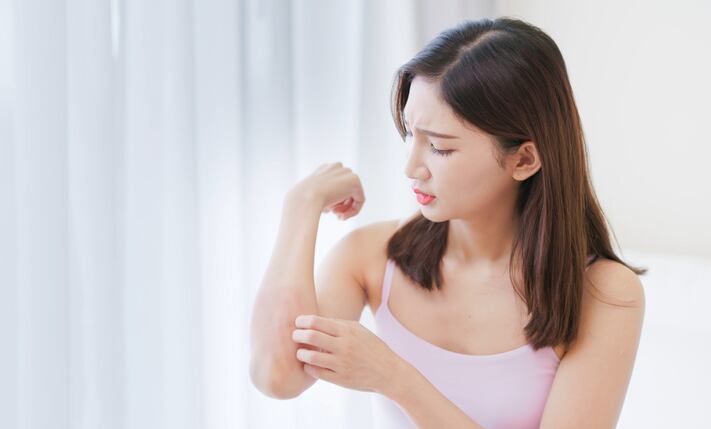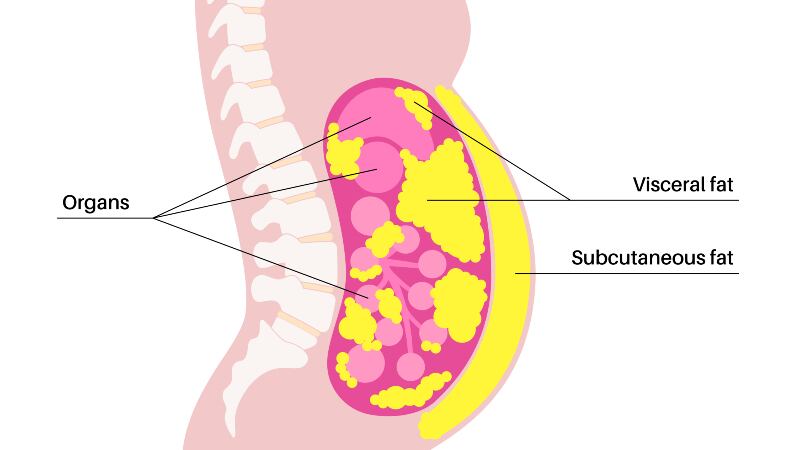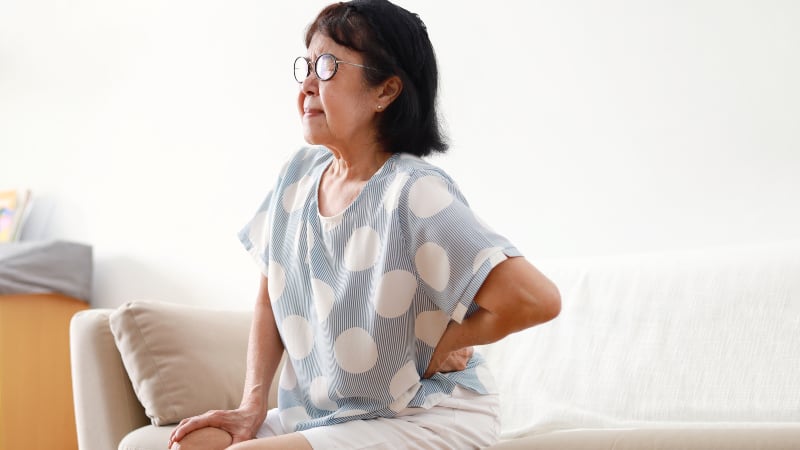This is despite the fact that more are using complementary and alternative medicines (CAM) in managing the condition.
Nearly seven in 10 individuals (67.63 per cent) suffering from psoriasis use CAM, up from 43.67 per cent 10 years ago.
However, the higher uptake of CAM was largely driven by an increased use of diet therapy, topical application, and bath therapy.
The use of topical application, for example, had increased from 20.29 per cent to 33.86 per cent, while that of diet therapy was up from 20.29 per cent to 30 per cent.
The use of health supplement, however, had dropped from 59.57 per cent to 54.29 per cent and that of oriental medicine down from 71.01 per cent to 67.14 per cent.
This is according to findings of a study published in Journal of Korean Medical Science.
At the same time, the level of satisfaction in health supplements and oriental medicine use had declined over the decade.
For instance, the percentage of respondents who described health supplements use as “disappointing” was up from 21.4 per cent to 28.3 per cent.
Similarly, 53.3 per cent of those who used oriental medicines shared the same sentiment, up from 46.9 per cent a decade ago.
Nonetheless, oriental medicine and health supplements remained the top two most commonly used CAM in managing the condition.
The researchers from Pusan National University Hospitals said the findings showed that dermatologists should put more efforts in improving patients’ understanding of conventional medicine.
The research, which took place between March 2020 and June 2022, involved 207 patients who answered a questionnaire on their use of CAM in managing psoriasis.
Reasons for using CAM
Based on the questionnaire findings, the main reason for using CAM was the “desire to try all potential treatments”.
The other common reasons included “recommendations from others” and “unsatisfying results from conventional medicine”.
The difference in the disease duration could also be a reason for the increase in CAM use, said the researchers.
In the current study, the average disease duration was 186.2 months, significantly higher than the average duration of 131.3 months a decade ago.
The researchers also believe that the high expectations in finding a cure, mass media advertisements, and increased accessibility may have led to higher rates of CAM use.
“Although treatment efficacy has increased with biologics development, CAM usage remains prevalent among Korean patients with psoriasis. Therefore, dermatologists need more efforts to improve patients’ understanding of conventional medicine, including biologics,” the researchers concluded.
Source: Journal of Korean Medical Science
Change in the Usage of Complementary and Alternative Medicine in the Era of Biologics Among Korean Patients With Psoriasis
DOI: 10.3346/jkms.2023.38.e204
Authors: Kim Y et al





